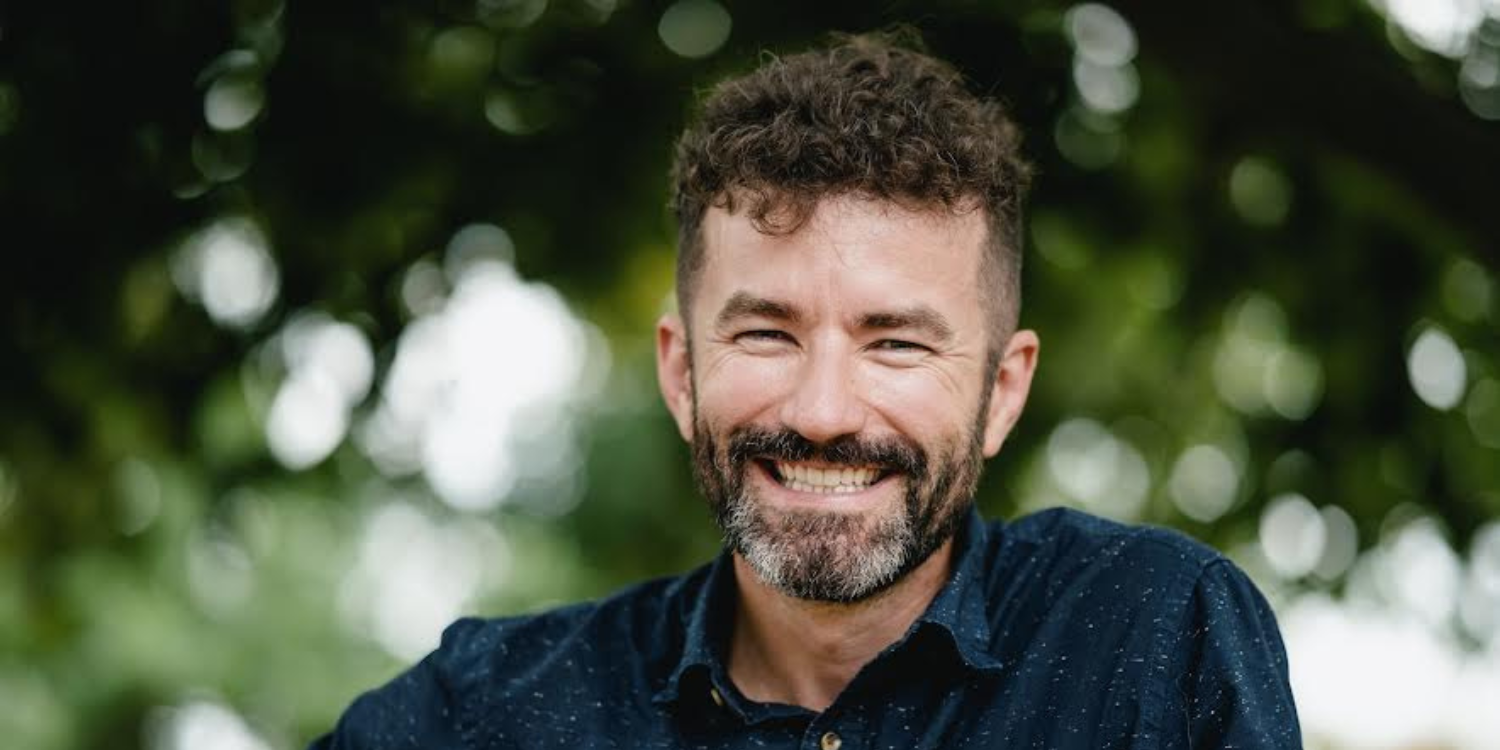Brennan Caverhill has been a classroom teacher in Toronto for 12 years, but has been an educator across Canada for closer to 20.
Originally trained as a conservation biologist, Caverhill started his career at Parks Canada working with endangered species (turtles in particular), and developed an impressive science communication CV doing research and public education with organizations such as the Toronto Zoo and Royal Ontario Museum.
He taught field research techniques at Seneca College, and photography with Fleming College, before his teacher training at OISE in 2011 brought him back into the elementary school classroom.
“I do appreciate having been able to work for different levels of government and private organizations before coming into public school teaching,“ Caverhill says. “It gave me a variety of experiences that I use to make lessons for students in the classroom more grounded and legitimate.”
As a teacher at Bishop Macdonell Catholic Elementary school in downtown Toronto, the multitalented Caverhill has a fittingly diverse set of subjects to teach his Grade 7 students – language, math, science, history, geography, religion, visual art, dance, drama, health and PE.
He also runs a chess club, eco-team, and coaches the basketball, track, and cross country teams … while also assuming the role of “Universal Screening” lead for the school. He has helped all K-8 teachers at his school learn to use the DIBELS8 reading screener, to catch any reading difficulties early, and support students in their literacy skills.
Within all of these various activities, he believes citizenship education is about as fundamental as it gets. “How to become a contributing citizen in our democracy is what kids need to learn in school,” he says. “This is the most important thing they can do.”
Caverhill’s approach exemplifies the best practices of civic education and CIVIX’s focus on experiential learning. He strives to expose his students to as many real-life situations as possible, and appreciates Student Vote for providing so many opportunities.
Whether running a Student Vote program for municipal, provincial, or federal elections, the first thing Caverhill does is to get his students to research the candidates and present on them to their classmates. Then they invite the candidates to the school, which provides additional levels of experience.
“The kids actually make the call,” he says. “They call the number that we find and they talk to the candidate and say, ‘Hey, are you available on this date? If not, this is our backup date.’ I love having the kids make those calls. They feel so special. And when the candidate comes in, they want to meet the kid who called them.”
How to become a contributing citizen in our democracy is what kids need to learn in school.
Researching and meeting candidates then helps students to make an informed decision at the ballot box. “When they cast their vote, they’re checking the box of someone who they can actually put a name and a face to and a platform as well. And we always emphasize that with their vote, the most important thing is to be well informed and make a vote that is educated.”
To add to the experience, on election day, Caverhill takes his students to see where the adults vote at real polling stations. “We see the actual people doing the role that they play at school. They realize how closely our Student Vote actually mirrors the real election.”
Creating a link between students and their elected representatives is also a key priority for Caverhill, who invites elected representatives into class on a regular basis.
“Our MPP Chris Glover, he’s been into our school five times over the last year,” he says, describing how the MPP took note of the fact that Bishop Macdonnell doesn’t have play apparatus in the playground, just rocks and trees.
“And he said, ‘Oh, maybe I can help you get some more equipment in the playground.’ And later the kids were like, ‘Chris didn’t do anything about that playground yet. I’ve got to write him a letter.’ They’re actually holding their elected officials accountable to their promises, which is amazing — this is exactly what the constituents in a functioning democracy need to do!”
Caverhill’s students also get a chance to see their representatives in action. He’s organized trips to City Hall, Queen’s Park, and the Parliament in Ottawa. “That’s a big, really important way to shine light on the work that CIVIX is doing to make it material and real — the kids getting to visit where these politicians are actually making decisions and making laws that affect their lives.”
He also sees CTRL-F, CIVIX’s digital media literacy program, as fulfilling a key democratic need. “If you’re going to be an educated, contributing citizen, you can’t be fooled by fake news, you can’t be caught up in conspiracy theories,” he says. “CTRL-F helps create more discerning people who can participate in a functioning democracy.”
At the end of the day, this is what it is all about. “People who don’t follow what politicians are doing or don’t follow the news can’t hold our elected officials accountable,” Caverhill says. “Citizenship and democracy training is the essential education that allows these kids to advocate for themselves in their community.”
At a Glance
Name: Brennan Caverhill
Location: Toronto, Ontario
Grades Taught: 7
Subjects Taught: All
Years Teaching: 10
Years Involved with CIVIX: 10
CIVIX programs used: Student Vote, Student Budget Consultation, CTRL-F, PoliTalks
Key Motivation: “Providing experiences for students that is meaningful and impactful”
